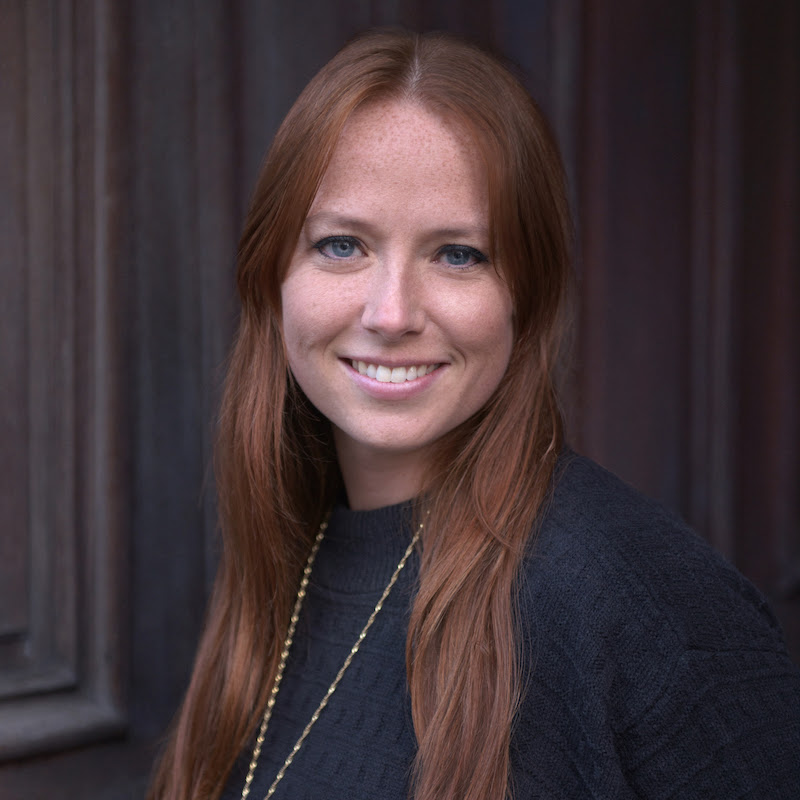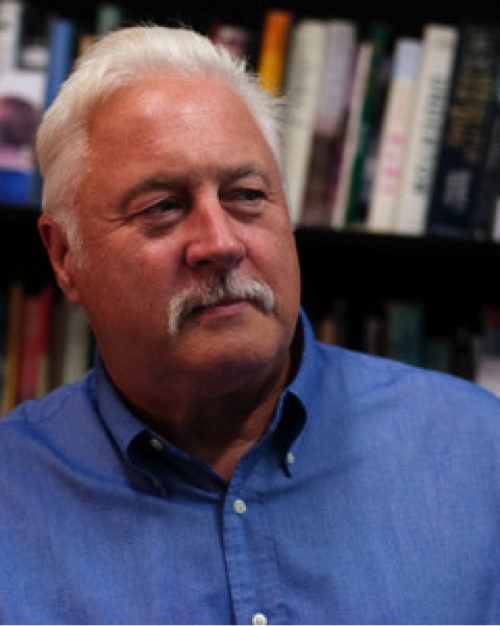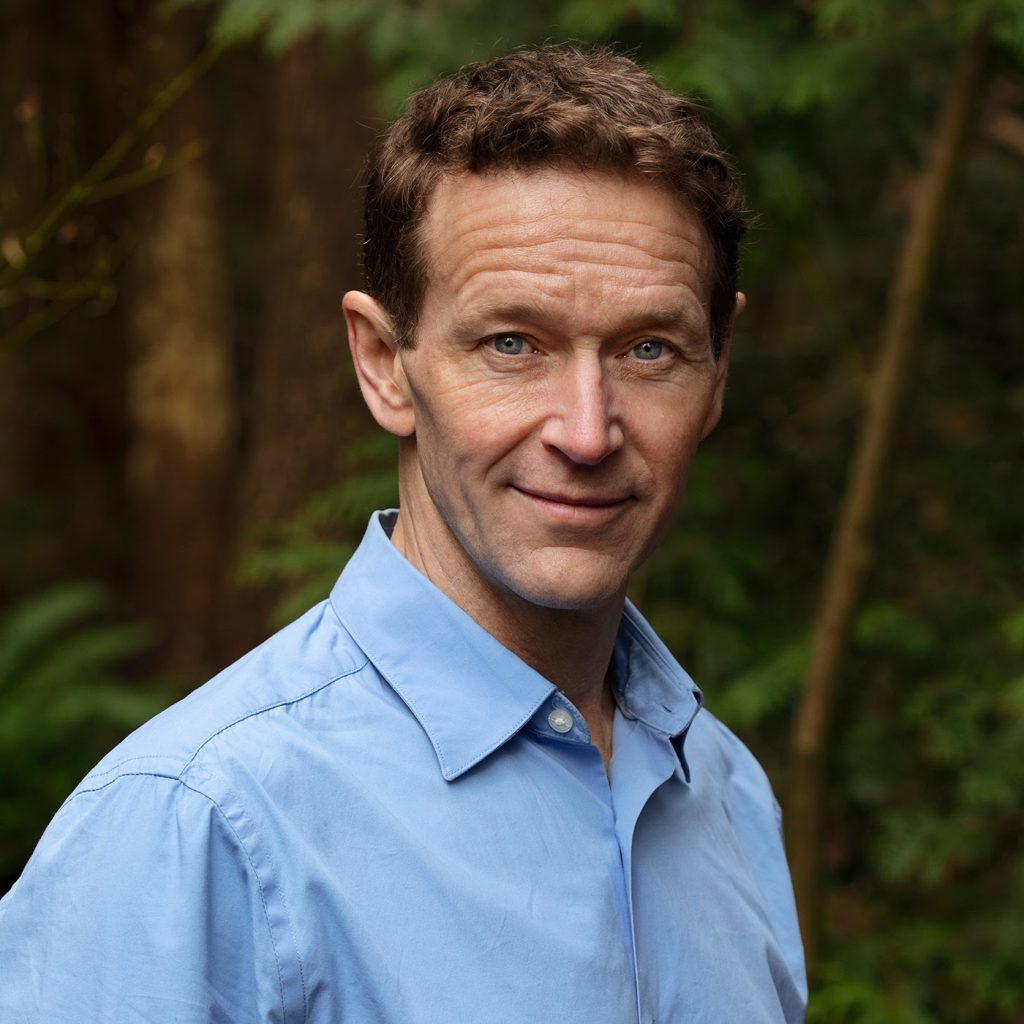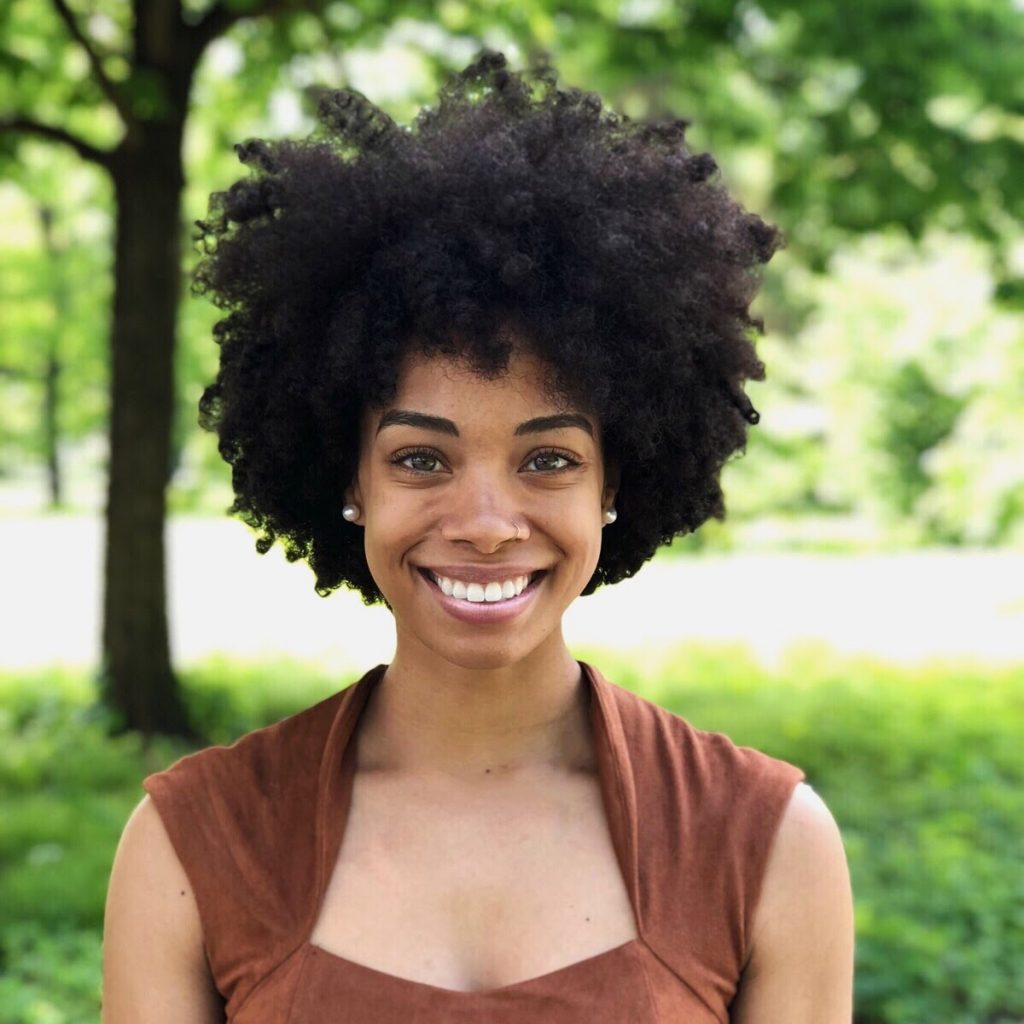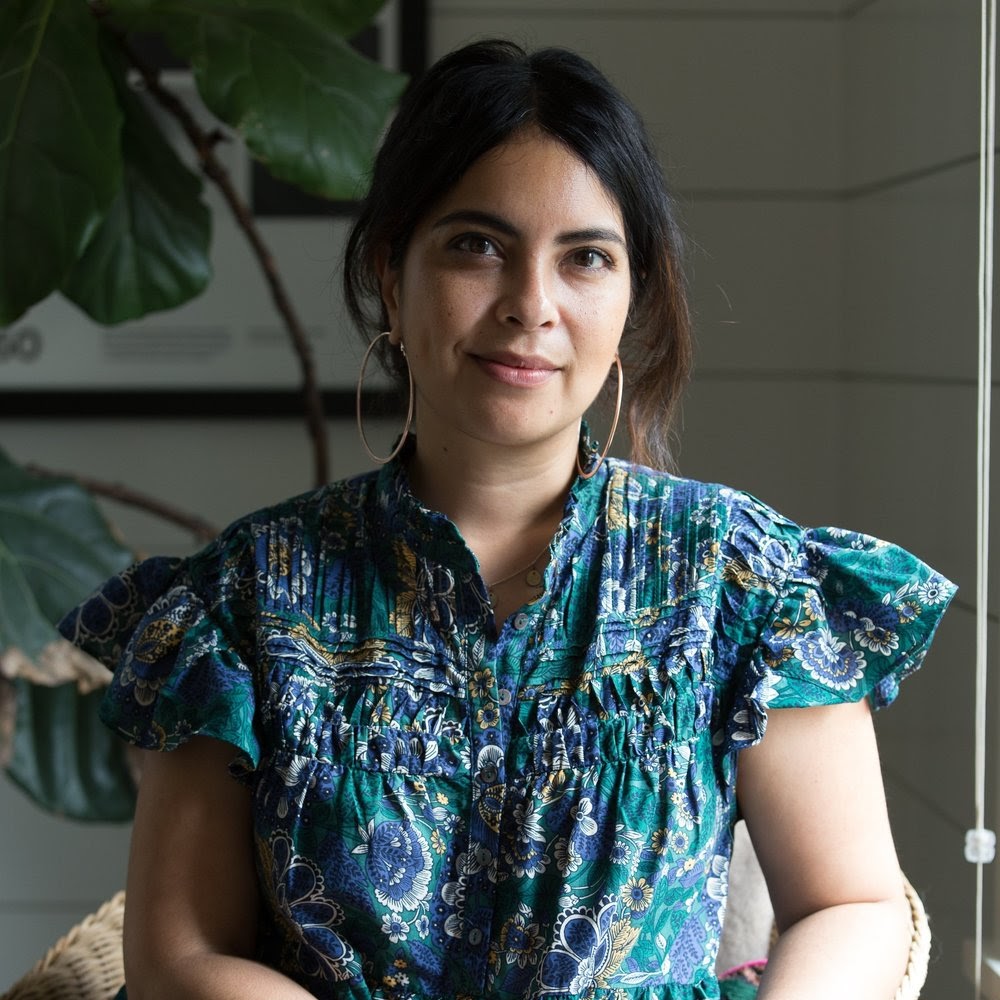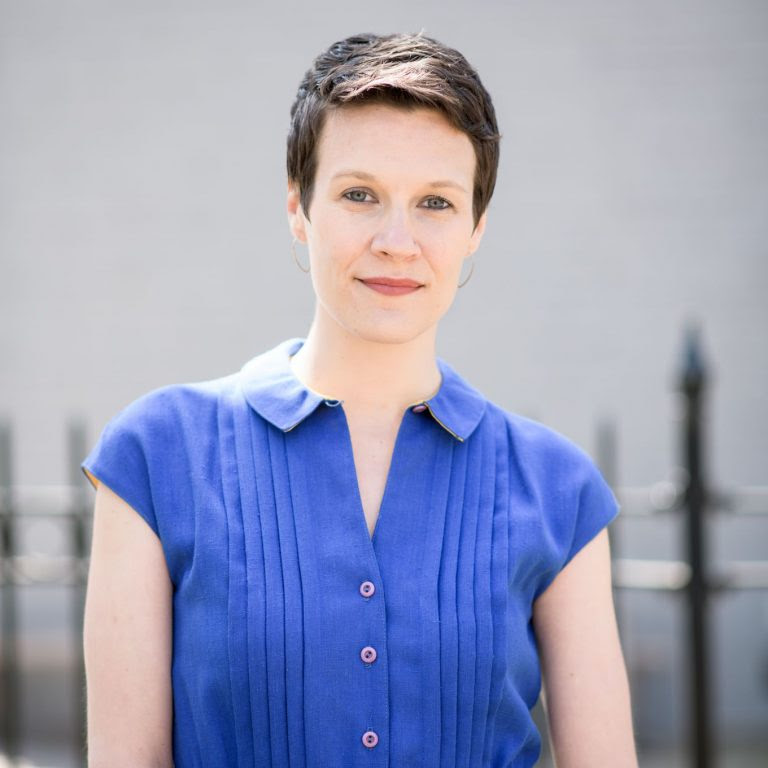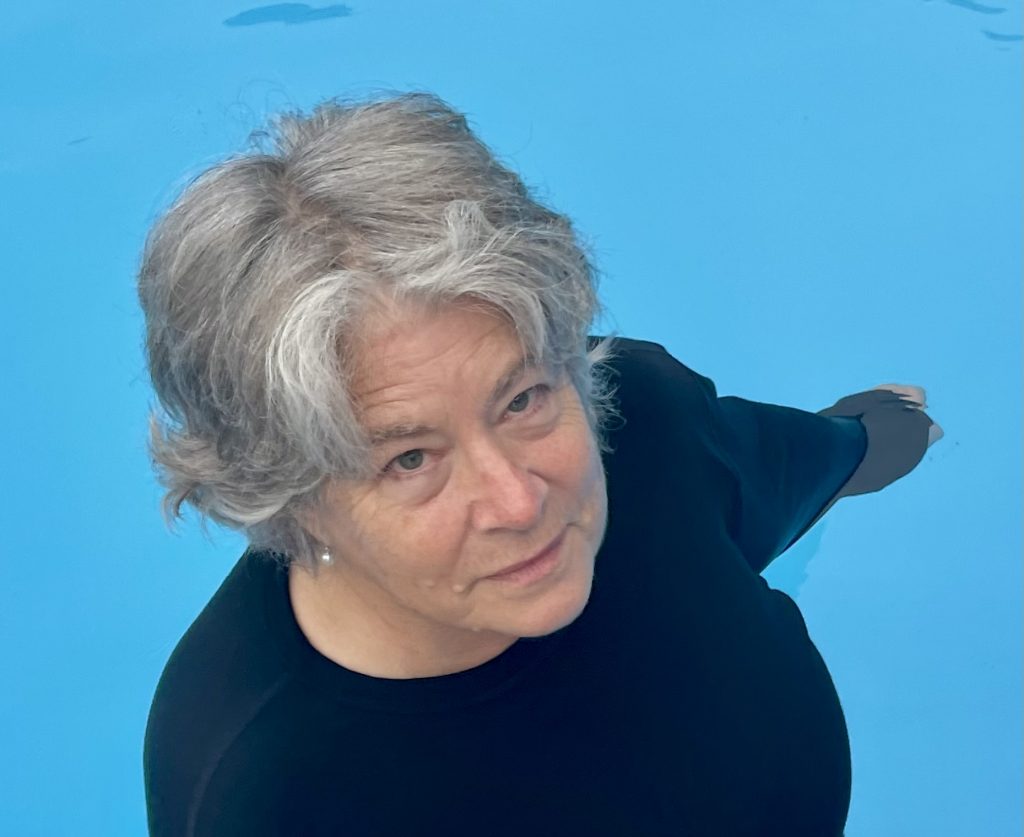
By Brendan O’Meara
Rachel Dickison is here to talk about her new book The Loneliest Places: Loss, Grief, and the Long Journey Home. It’s is published by Three Hills Press.
No way to sugar coat what this book deals with: Rachel’s son Jack died by suicide in 2012. He was 17. And this book stays within the boundaries of Rachel’s experience, her headspace, her grief.
Yes, her three daughters and her husband were deeply affected by this tragedy, but you won’t hear from them much, not really until the end of the book where Rachel interrogates her selfishness and withdrawal and, in some cases, abandonment. It would be easy to judge Rachel in this book, even her editor wondered how “likeable” she was as a character and that speaks to how honest Rachel was about her processing of this unthinkable experience.
This is something I’ve never done before, but I think it should be brought up, as I have heard other podcasts do this. If you or someone you know is dealing with suicidal thoughts and may harm themselves, call or text 988 Suicide and Crisis Lifeline by dialing 988. This will route people to the National Suicide Prevention Lifeline where they can speak with a trained counselor.
Continue reading “Episode 344: Rachel Dickinson”